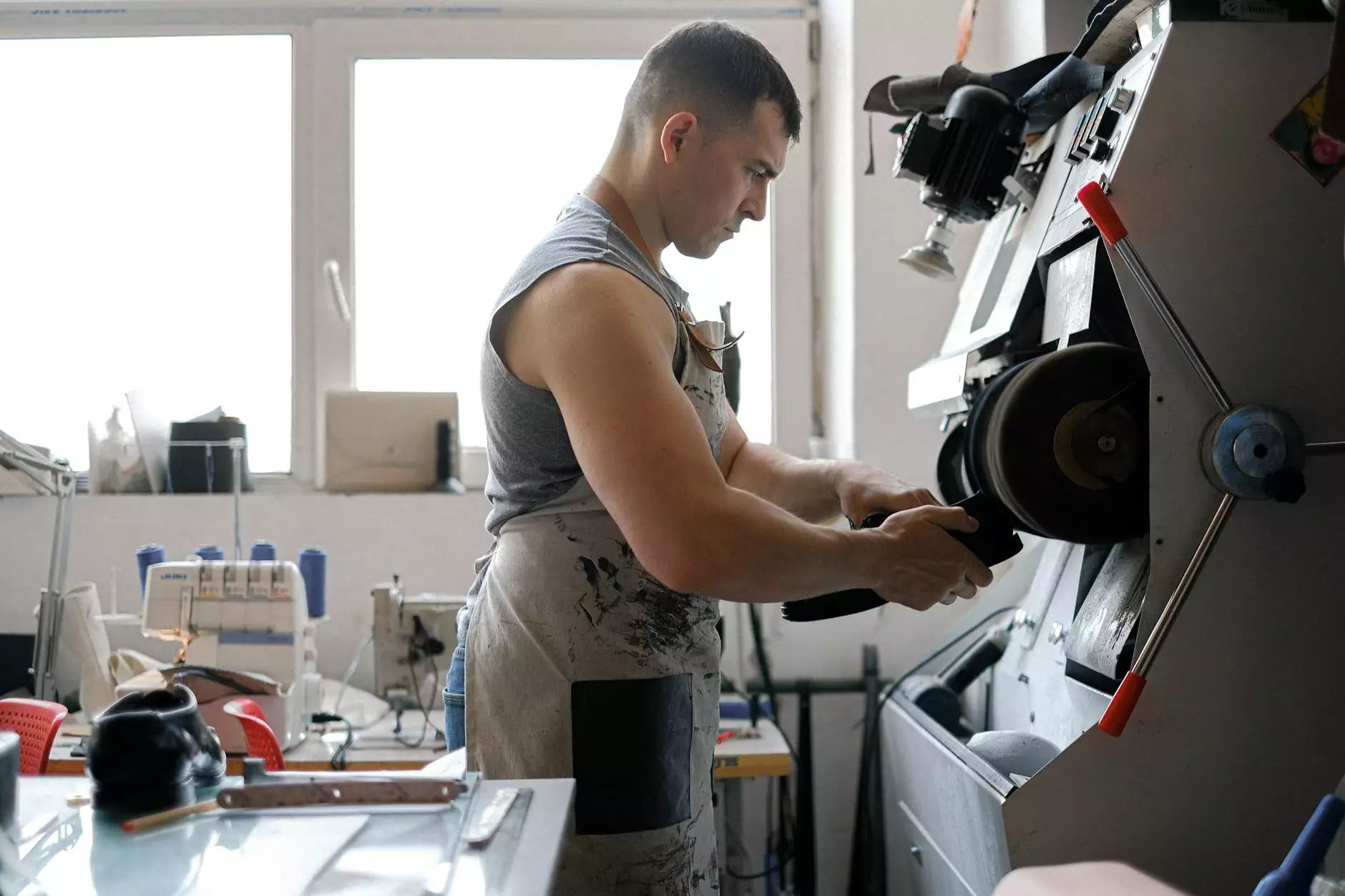Exploring Crime Scene Cleanup Careers: A Vital and Rewarding Profession

The profession of crime scene cleanup is often misunderstood and overlooked. However, it plays a critical role in public health and safety, offering men and women a unique career opportunity that is both meaningful and compelling. In this article, we will delve into the intricacies of crime scene cleanup careers, exploring what it entails, the skills required, the training necessary, and the profound impact it has on individuals and communities.
What is Crime Scene Cleanup?
Crime scene cleanup refers to the professional cleaning of locations where traumatic events have occurred. This typically includes crime scenes, but also extends to accidents, suicides, and any situation that results in the presence of blood, bodily fluids, or hazardous materials. Professionals in this field, commonly known as biohazard remediation specialists, are tasked with restoring these sites to a safe and clean condition.
The Importance of Crime Scene Cleanup
The services provided by crime scene cleanup professionals are essential for several reasons:
- Health and Safety: Blood and bodily fluids can harbor dangerous pathogens. Proper cleanup ensures public safety.
- Emotional Support: Families and friends of victims often struggle with trauma; a thorough cleanup can ease some burden.
- Restoring Normalcy: Cleaning up after a tragedy helps communities and families regain a sense of normalcy.
- Legal Compliance: Many jurisdictions have stringent regulations regarding biohazard cleanup, necessitating professional intervention.
Skills Required for Crime Scene Cleanup Careers
To succeed in the field of crime scene cleanup, various skills and attributes are imperative:
- Attention to Detail: Cleanup requires meticulous attention to ensure all hazardous materials are removed.
- Physical Stamina: The job can be physically demanding, requiring the ability to lift heavy objects and work in various environments.
- Emotional Resilience: Workers must cope with graphic scenes, necessitating strong mental fortitude and emotional intelligence.
- Problem-Solving Skills: Each scene presents unique challenges; the ability to think critically and adapt is vital.
- Knowledge of Safety Protocols: Familiarity with safety standards and biohazard management is essential for effective cleaning.
Training and Certification for Crime Scene Cleanup Professionals
While a formal degree may not be strictly necessary for entry into this field, specialized training and certifications are highly recommended. Here’s a breakdown of the typical pathway:
1. Understand the Basics of Biohazard Cleanup
Prospective cleaners often begin by familiarizing themselves with the principles of biohazard cleanup. This knowledge typically includes procedures for dealing with chemicals, understanding contaminated waste, and the rights of individuals at a crime scene.
2. Enroll in a Training Program
There are numerous training programs available that focus specifically on biohazard remediation. Programs often include coursework on:
- Hazardous materials handling
- Personal protective equipment (PPE) use
- First aid and CPR
- Chemical safety
3. Obtain Certifications
Professional certifications from recognized organizations enhance credibility and may be required for specific employment opportunities. One notable certification is from the Institute of Inspection, Cleaning and Restoration Certification (IICRC) in the specialty of Crime and Trauma Scene Cleanup.
Career Opportunities in Crime Scene Cleanup
Those pursuing crime scene cleanup careers will find various opportunities available in the industry. Common pathways include:
- Working for Cleanup Services: Many companies, including Biohazard Plus, specialize in biohazard cleanup and are often on call for emergency situations.
- Independent Contractor: Experienced professionals may choose to operate independently, offering services directly to clients or law enforcement.
- Consultancy: With extensive experience, some may find opportunities as consultants, advising agencies and companies on best practices.
Challenges in Crime Scene Cleanup Careers
While fulfilling, crime scene cleanup is not without its challenges:
- Emotional Toll: Exposure to traumatic events can lead to emotional strain, making self-care essential for professionals.
- Risk of Disease: Cleaning up biohazards involves inherent risks; thorough training and adherence to safety protocols are critical.
- Varied Work Hours: The nature of the job often requires being available at odd hours, including nights and weekends.
The Impact of Crime Scene Cleanup on Communities
Professionals in crime scene cleanup play a vital role in the healing process of communities. Beyond simply cleaning, they help to:
- Provide Closure: By effectively restoring a space, professionals help victims’ families focus on healing rather than lingering trauma.
- Prevent Future Incidents: Ensuring safety and hygiene minimizes the risk of subsequent events or accidents.
- Raise Awareness: The industry fosters awareness of biohazards and the importance of professional cleanup, benefitting public health.
Starting a Career in Crime Scene Cleanup
If you’re interested in exploring a crime scene cleanup career, consider the following steps:
- Research the Field: Understand the roles and responsibilities associated with crime scene cleanup.
- Get Educated: Pursue relevant training and certifications.
- Network: Connect with professionals in the field through seminars and workshops.
- Apply for Positions: Seek out job openings at cleanup companies such as Biohazard Plus.
Concluding Thoughts on Crime Scene Cleanup Careers
The career path in crime scene cleanup is both challenging and profoundly rewarding. It is an opportunity to make a significant difference in people's lives during their most difficult times. As you contemplate your future, consider the crucial role that crime scene cleanup professionals play, not only in restoring physical spaces but also in contributing to the emotional recovery of individuals and communities.
For those ready to take the plunge into this fascinating and necessary industry, resources like Biohazard Plus can provide invaluable support, training, and a launching pad for your crime scene cleanup careers.
Embrace the journey ahead, and remember that with every cleanup, you are not just restoring a space; you are helping to rebuild lives.






